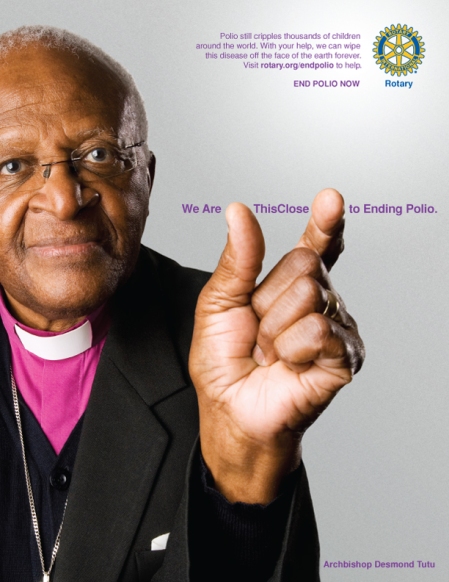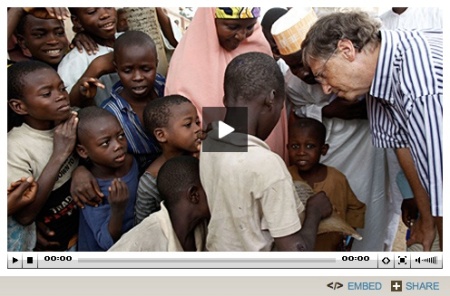Iconic landmarks around the world served as the backdrop for the End Polio Now message the week of 23 February in honor of Rotary’s 106th anniversary. They included the Trevi Fountain in Rome; a Lantern Festival gate in Taiwan; the parliament building in The Hague; the globe of the SM Mall of Asia in Manila, Philippines; the Bill & Melinda Gates Foundation headquarters in Seattle, Washington, USA; Byblos Castle in Byblos, Lebanon; and the soccer stadium in Cape Town, South Africa, among others – photographed below.
Each of these iconic landmarks provided a dramatic backdrop for an equally dramatic message: End Polio Now. Those three words – representing Rotary’s pledge to rid the world of this crippling childhood disease – were projected onto each structure during the week surrounding 23 February 2011, the humanitarian service organization’s 106th anniversary.
These monuments join the other iconic landmarks that have carried the pledge in recent years: the Sydney Opera House, London’s Tower Bridge, the Roman Coliseum, Egypt’s Pyramid of Khafre, Chicago’s Wrigley Building, the Obelisk in Argentina, and the San Francisco Ferry Building.
The End Polio Now illumination in India is particularly symbolic because 2011 is expected to be a key year in the fight to stop the disease in that country—one of only four nations where transmission of the wild poliovirus has never been stopped. Last year, India experienced a record low number of polio cases—reporting just 42. The other remaining polio-endemic countries are Afghanistan, Nigeria and Pakistan.
In Africa, too, giant strides are being made to eradicate polio.
Great progress has been made, and the incidence of polio infection has plunged from about 350,000 cases in 1988 to fewer than 1,000 cases in 2010. More than two billion children have been immunized in 122 countries, preventing five million cases of paralysis and 250,000 paediatric deaths.
The end is in sight. Failure is not an option. Let’s stay focused to Kick Polio Out of Africa – to rid the continent of this devastating disease and fulfil our promise to the children of Africa.

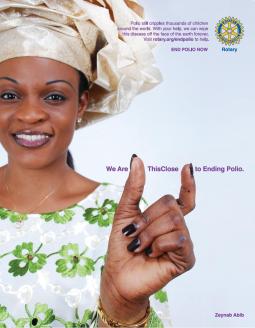
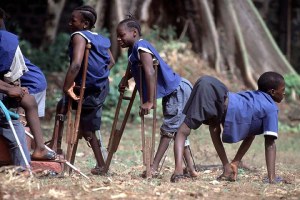
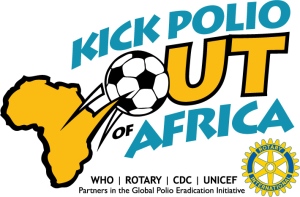
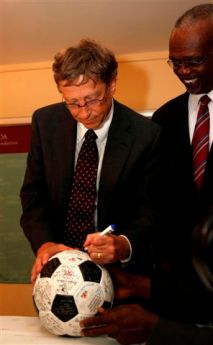
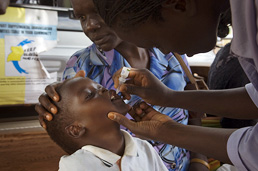
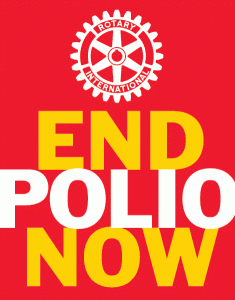
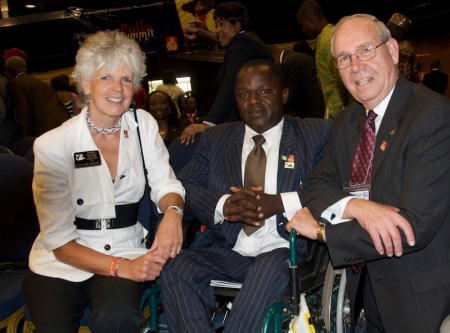
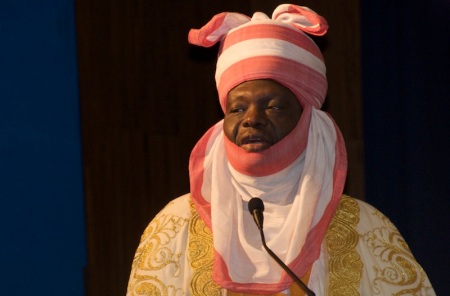
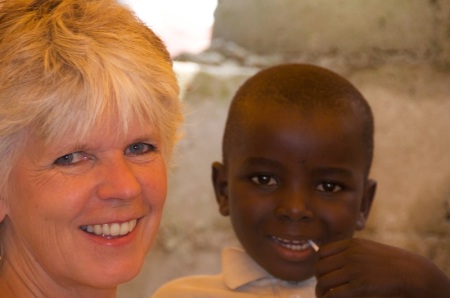
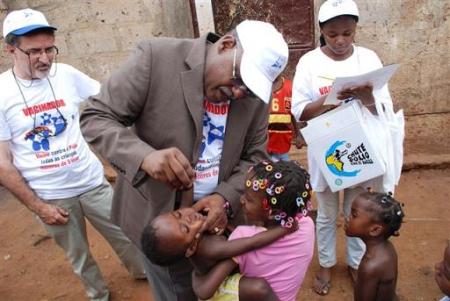
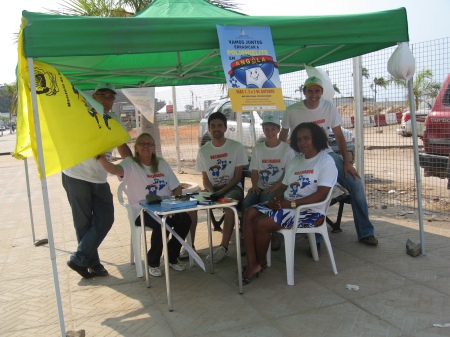
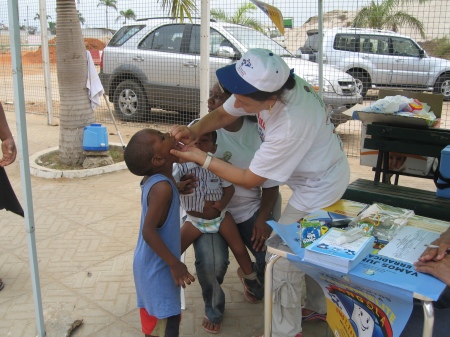
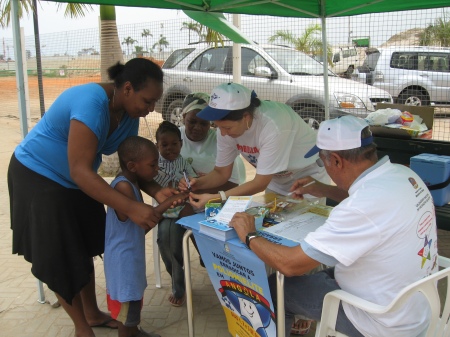
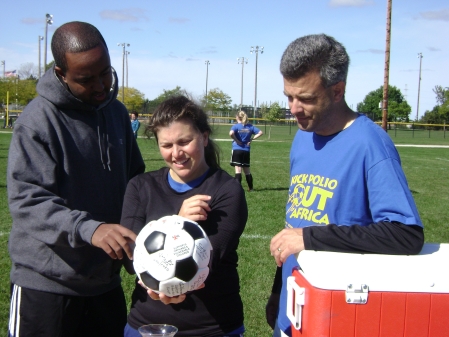
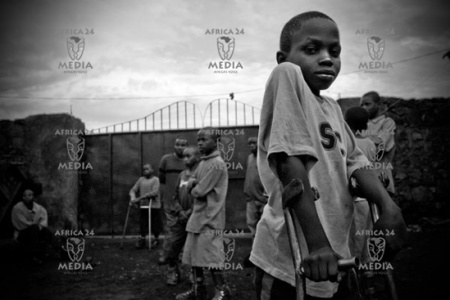
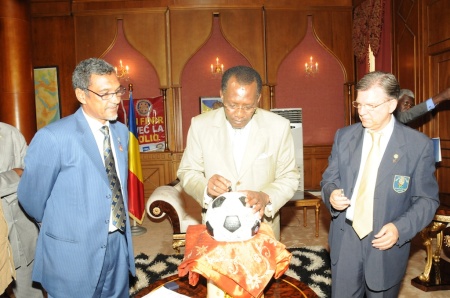
![2[1]](https://kickpoliooutofafrica.files.wordpress.com/2010/08/211.gif?w=450)
![4[1]](https://kickpoliooutofafrica.files.wordpress.com/2010/08/411.gif?w=450)
